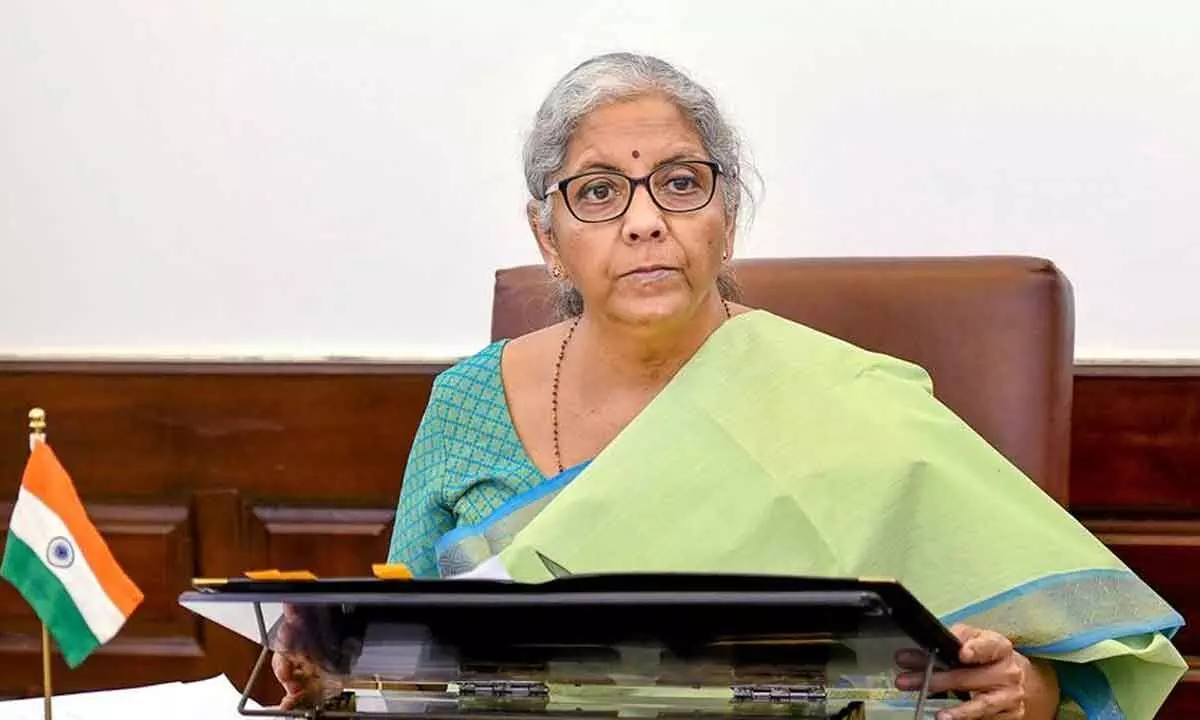RBI wants ban on crypto: FM Nirmala Sitharaman

Union Finance Minister Nirmala Sitharaman
Union Finance Minister Nirmala Sitharaman said the Reserve Bank of India (RBI) wants cryptocurrencies banned in India.
New Delhi: Union Finance Minister Nirmala Sitharaman said the Reserve Bank of India (RBI) wants cryptocurrencies banned in India.
"In view of the concerns expressed by the RBI on the destabilising effect of cryptocurrencies on the monetary and fiscal stability of a country, the RBI has recommended framing of legislation on this sector. RBI is of the view that cryptocurrencies should be prohibited," Sitharaman said in a written response to MP Thol Thirumavalavan on Monday.
This revelation puts Indian crypto operators in an awkward position. On one hand, the Supreme Court has sided with the industry by overturning RBI curbs on bans on dealing with crypto operators.
On the other, theUnion governmentseems to be intent on undermining the industry's appeal with taxation and regulation, and signalling repeatedly that it would side with any global movement towards prohibition.
The clearest signal came in Monday's parliamentary response, with Sitharaman indicating that India would pounce on global momentum to ban crypto, if regulators around the world got on the same page in defining the sector.
"Cryptocurrencies are by definition borderless and require international collaboration to prevent regulatory arbitrage. Therefore, any legislation for regulation or for banning can be effective only after significant international collaboration on evaluation of the risks and benefits and evolution of common taxonomy and standards," Sitharaman said.
"RBI mentioned that cryptocurrencies are not a currency because every modern currency needs to be issued by the Central Bank / government. Further, the value of fiat currencies is anchored by monetary policy and their status as legal tender, however, the value of cryptocurrencies rests solely on the speculations and expectations of high returns that are not well anchored, so it will have a de-stabilising effect on the monetary and fiscal stability of a country," she explained, elaborating on the central bank's existential concerns around crypto.
Moves against crypto have expanded especially since the blockchain crash in the last few weeks that impacted multiple exchanges and sent several virtual currencies' value plummeting.
The Blockchain and Crypto Assets Council, a crypto group under the digital lobby IAMAI, was kicked out of the latter after the industry group decided that the sector was too tricky to represent alongside regulated spaces like fintech and content providers. Even real money gaming companies — which are almost as extensively reliant on speculatory spending — have escaped the level of pushback that crypto firms are facing.
Crypto exchanges have taken extreme steps in recent weeks, with even somewhat reputed ones like Vauld restricting withdrawals and leaving investors in the lurch.
The Enforcement Directorate has been putting pressure on the industry too, questioning executives from multiple exchanges on suspicion of violating foreign exchange regulations.










